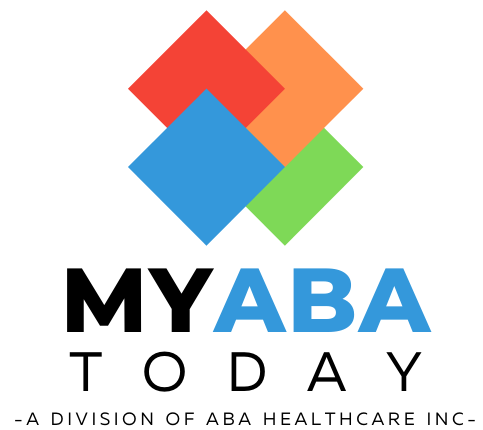The field of behavior analysis is quite complex despite its aim for simplicity. As a science, it is sound and proven, which is in contrast to many human services fields. We are talking about observable, measurable phenomena. We are looking at empirical support beyond many other human services fields. What we have as a science is not complete by any means, but it is certainly supported well enough to be accepted as a formal treatment for problem behavior.
Which is concerning. Applied behavior analysis is one of the foremost accepted treatments of problem behavior for individuals diagnosed with Autism Spectrum Disorder. Funding sources through statewide agencies and private insurance are developing programs to fund behavior analysis in clinical, residential, educational and community settings. It would seem that ABA has hit the big time, as it justifiably should.
However, despite this growing popularity, it would seem that ABA is limited in the public eye. This is made more evident by a recent report through the APBA employment survey, which indicated that most behavior analysts are practicing within treatment settings providing ABA services directly or supervising those who are providing this service. Even the survey itself was limited in outlining the various applications of ABA, with references made to K-12 education, college teaching, treatment settings, and consulting.
Ultimately, while this report was thorough, it signals an important missed opportunity for our field. It would appear, overall, that our focus is limited. We have, in our hands, a science that is applicable across pigeons to people. We have a science that can be applied at a cellular level, in robotics, and countless other fields that have yet to be tapped into. There are some researchers in “fringe” behavior analysis that have done some groundbreaking work, but it would seem that it is not enough.
The psychological practice holds a special place in the public eye despite its stigma. There is a regular discussion about mental health, psychological practice, and application. While psychologists regularly appear on public television shows as experts in serious human challenges, behavior analysis has its biggest public breakthrough on Big Bang Theory as a comedy device (which is quite an entertaining segment, as a matter of fact).
The true point of this discussion is one of expansion and change of perspective. Behavior analysis is an incredibly malleable science in terms of application. Its principles are clear and concise, with consistent foundational science that has been replicated for decades. Please do not misunderstand when I discuss our perspective, however, as applied behavior analysis is important to work in regard to Autism and special needs. There is certainly a priority in addressing problem behavior that cannot be trumped. However, larger systems changes can be made with the science we wield, which I would argue should not be ignored.
Patrick Friman often speaks passionately about various applications on our field. I remember attending a talk of his that had to do with spermatology and bringing ABA into the limelight. For me, it wasn’t a discussion about bringing a celebrity to behavior analysis, but understanding how incredibly important our field can be in regular medical applications. For instance, behavioral pediatrics is an area that can benefit from behavior analytic practice. Imagine a medical appointment a child enjoyed for once. Or what about artificial intelligence? It is “out there” in terms of behavior analysis, but it is certainly worth investigating further if there is discussion of behavior.
Or, school systems. It is common that many of the individuals we serve in school systems do not have individualized instruction that would best suit their learning needs. Imagine an environment where the learner was operating at their level in all subjects. Imagine how effectively individualized course arrangements could change the way a learner completes school and how fluent they could become in all subjects.
This is achievable and is happening as you read this. These advances are happening daily, but they are happening minimally because our focus is limited. It is not restricted, nor is it impossible. It is limited by priority and social acceptance. We, as a field, can advocate for science. We can expand our scope and embed ourselves within all aspects of human and animal behavior, not just problem behavior. With a wider perspective, we have the potential for an impact on a global scale. We have potential, as a field, we have only truly begun to scratch the surface on, and we are at a crucial point in our time to begin to actively affect the way people behave on a global scale. So, let’s take a moment and expand a bit, shall we?









